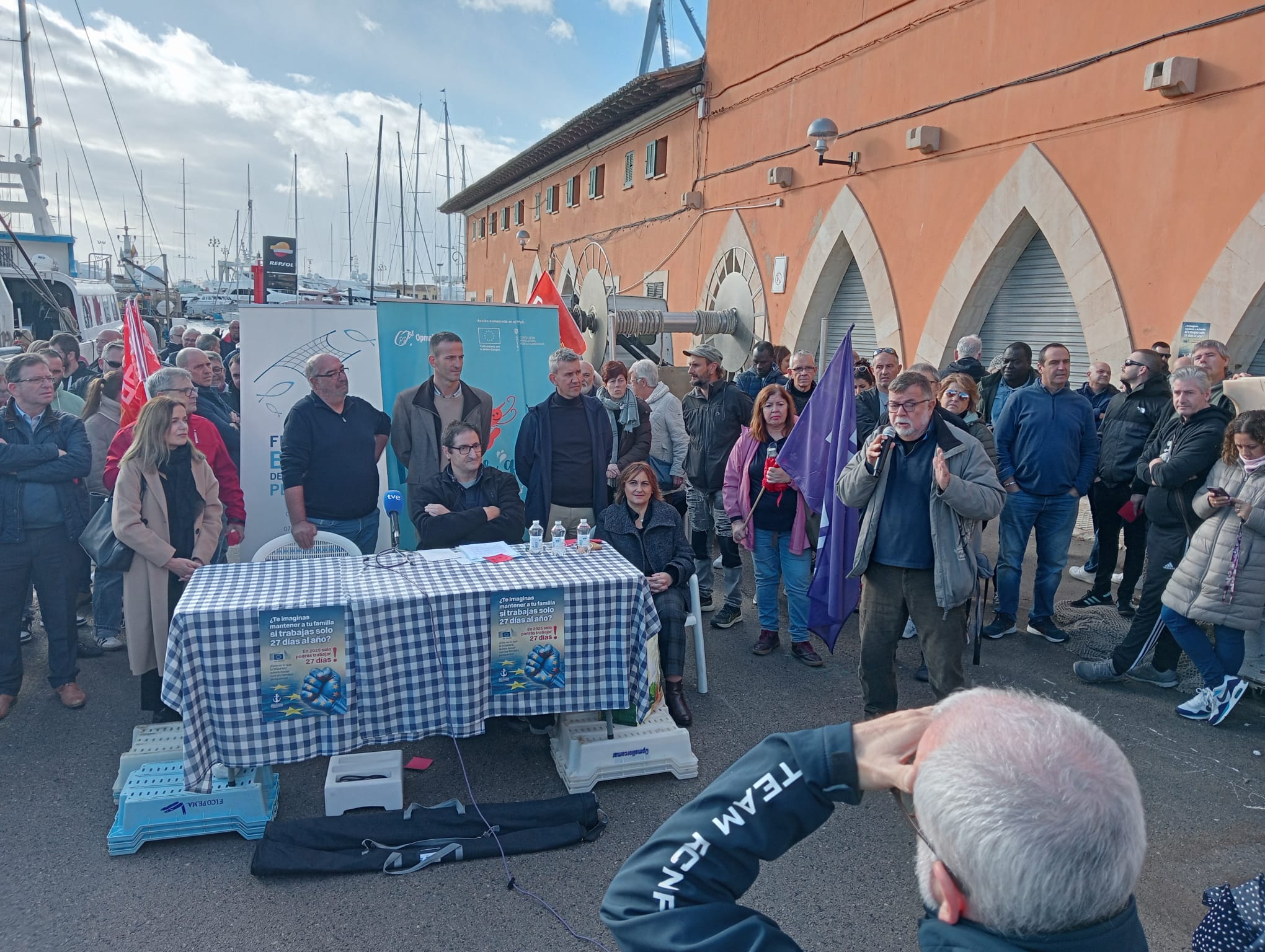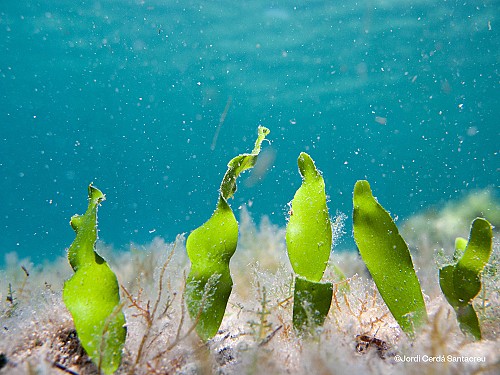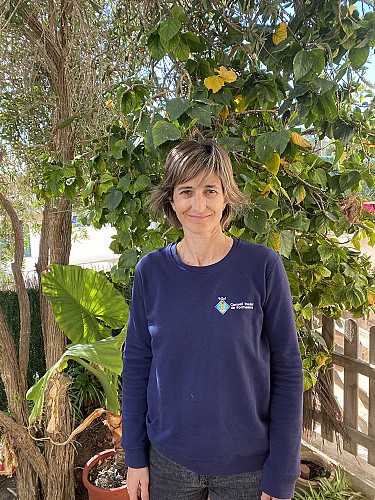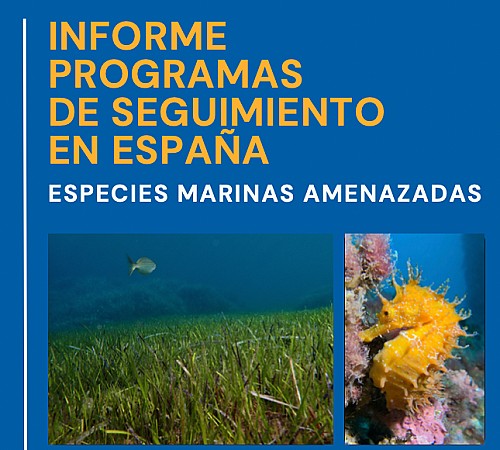Marilles calls for the protection of the unique characteristics of the Balearic fishing fleet
Published 09.12.2024
Share

Palma, 9 December 2024 –Marilles Foundation firmly supports Balearic fishers in light of the European Commission's proposal to drastically reduce fishing days from 130 to 27 per vessel per year. This proposal represents an unfair one-size-fits-all policy; it fails to recognise the sustainability and adaptation efforts made by the Balearic fleet. It is also a devastating blow to the sector and the communities dependent on it. The Commission’s proposal, however, does provide an opportunity for more fishing days if measures ensuring sustainability and low-impact fishing are implemented.
Marine resources must be protected; progress towards sustainable fishing is essential. But this cannot be achieved through policies that overlook the unique efforts of certain fleets. The Balearic fleet has done its part. This distinctiveness must be defended at all levels, from the Balearic Islands to Brussels.
Aniol Esteban, Director of Marilles Foundation: "The best future for the Balearic and Mediterranean fleets lies in having marine resources in excellent conservation status. In the Mediterranean – though less so in the Balearic Islands – we have faced decades of overfishing. Thus, measures to recover fish stocks are normal and desirable. However, it makes no sense to implement these measures in ways that risk losing our fishing fleets. Moreover, data suggests that some stocks in the Balearic are recovering. Within this context, Marilles supports the fishers while also calling for greater commitment from administrations and the fishing sector itself to accelerate the adoption of low-impact measures, expand protected areas, and implement other actions to safeguard fish stocks and the habitats on which they depend."
Lower fishing pressure in Balearic waters compared to the rest of the Spanish Mediterranean
The fishing pressure from trawling in Balearic waters is much lower than in the Spanish Mediterranean. Over the past 18 years, the number of trawling vessels in the Balearic Islands has decreased by 44%, from 55 to 31 boats – a reduction significantly greater than those observed in other regions like Andalusia (25%) and Catalonia (37%). The fleet has also voluntarily reduced its fishing days from five to four per week, while maintaining economic viability.
These efforts and the more efficient eco-economic management model have not been sufficiently recognised by either the European Commission or the Spanish government when applying fishing day reductions to the Spanish Mediterranean trawling fleet.
From this perspective, the Balearic trawling fleet has likely been the most poorly treated along the Spanish Mediterranean coast. For years, it has been a case of the virtuous paying the price for the negligent – and this must change. Trawling can greatly reduce its impact. The Balearic Islands have made significant progress in sustainability, offering a model of low-impact fishing that could serve as an example for the rest of the Mediterranean.
Avoiding polarisation and encouraging collaboration
Marilles Foundation also calls for avoiding the polarisation and ideological exploitation of this situation. It is crucial that this conflict does not become a platform for simplistic accusations or attacks against public institutions and marine conservation entities.
"Environmental organisations are not responsible for this situation. Blaming them is a serious mistake that only fosters division. Efforts to recover fish stocks are essential to securing the future of the fishing sector, particularly in the context of global warming and biodiversity loss," emphasised Esteban.
Towards a sustainable and equitable fishing model
Marilles believes the current situation is an opportunity to reaffirm the Balearic fleet’s commitment to sustainability and to propose concrete solutions for advancing towards a balanced and viable fishing model. This includes:
- Actively defending the unique characteristics of the Balearic fleet before Spanish and European governments.
- Adopting low-impact management measures to consolidate and strengthen this exemplary model.
- Recognising Balearic leadership in sustainable fishing as a benchmark for the rest of the Mediterranean.




